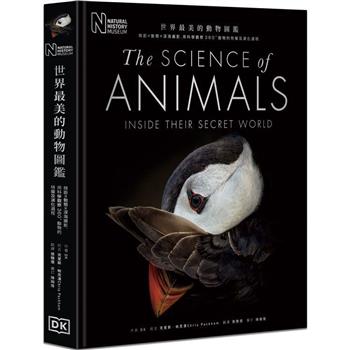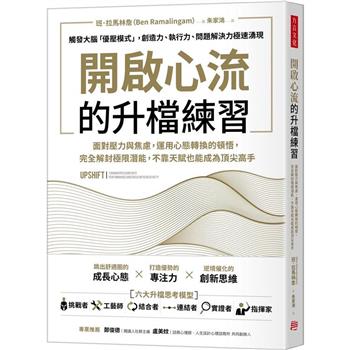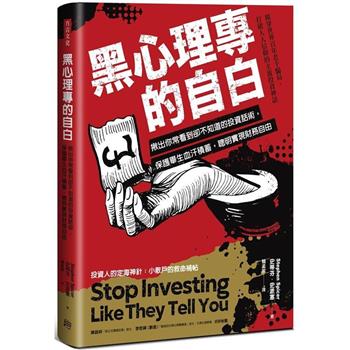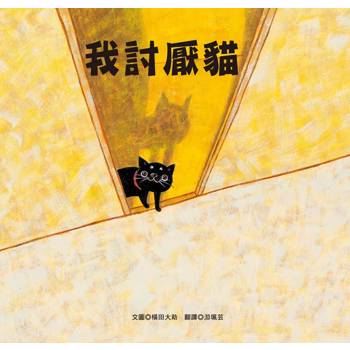Inspired by the work of their colleague David Gascoigne, a group of scholars from the UK and France examine in this book the narrative strategies of some of the most interesting and important French writers of the twentieth and twenty-first centuries. Stretching chronologically from 1905 to 2005, the volume examines a wide variety of prose genres, from pornography to Bildungsroman to magic realism, as well as poetry. Michel Tournier figures in several of the contributions, emerging as something of a touchstone for many of the thematic preoccupations that are common throughout the period: values and authority, self and other, identity, spirituality, migration and exile, sexuality, the body, violence and war, and language. The authors also examine the flourishing of intertextuality, as well as the use of traditional forms, such as mythical structures and the 'robinsonade', to undermine authoritative 'm tar cits'. Probing these themes and forms, and their metamorphoses across 100 years, the essays demonstrate a striking degree of continuity, linking writers as different as Apollinaire and Houellebecq or Val ry and Fleutiaux, and highlight the difficulty of dividing the period neatly into chronologically ordered categories labelled 'modern' or 'postmodern'.
| FindBook |
有 1 項符合
Narratives of French Modernity: Themes, Forms and Metamorphoses- Essays in Honour of David Gascoigne的圖書 |
 |
Narratives of French Modernity: Themes, Forms and Metamorphoses- Essays in Honour of David Gascoigne 作者:Milne 出版社:Peter Lang Gmbh, Internationaler Verlag Der W 出版日期:2011-03-04 語言:英文 規格:平裝 / 353頁 / 普通級 |
| 圖書館借閱 |
| 國家圖書館 | 全國圖書書目資訊網 | 國立公共資訊圖書館 | 電子書服務平台 | MetaCat 跨館整合查詢 |
| 臺北市立圖書館 | 新北市立圖書館 | 基隆市公共圖書館 | 桃園市立圖書館 | 新竹縣公共圖書館 |
| 苗栗縣立圖書館 | 臺中市立圖書館 | 彰化縣公共圖書館 | 南投縣文化局 | 雲林縣公共圖書館 |
| 嘉義縣圖書館 | 臺南市立圖書館 | 高雄市立圖書館 | 屏東縣公共圖書館 | 宜蘭縣公共圖書館 |
| 花蓮縣文化局 | 臺東縣文化處 |
|
|
圖書介紹 - 資料來源:博客來 評分:
圖書名稱:Narratives of French Modernity: Themes, Forms and Metamorphoses- Essays in Honour of David Gascoigne
內容簡介
作者簡介
Lorna Milne is Professor of French at the University of St Andrews. She is the author of monographs on Michel Tournier and Patrick Chamoiseau, and works on modern and contemporary literature from metropolitan France and the Caribbean.
Mary Orr is Professor of French at the University of Southampton. Her most recent monographs are Intertextuality: Debates and Contexts (2003) and Flaubert’s Tentation: Remapping Nineteenth-Century Histories of Religion and Science (2008). She is currently working on the place and roles of women in early nineteenth-century European natural science and its writing.
|











